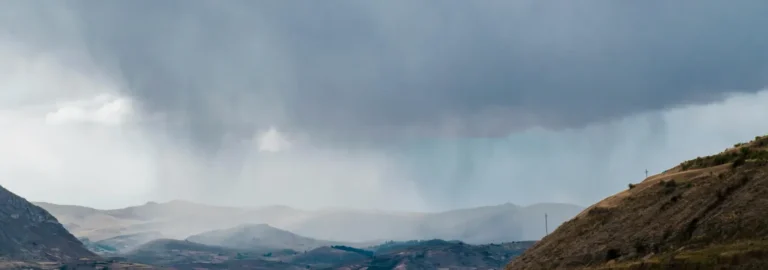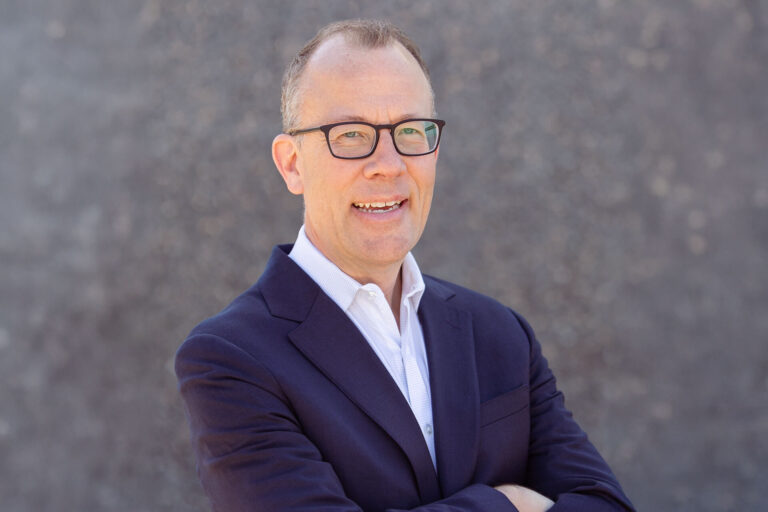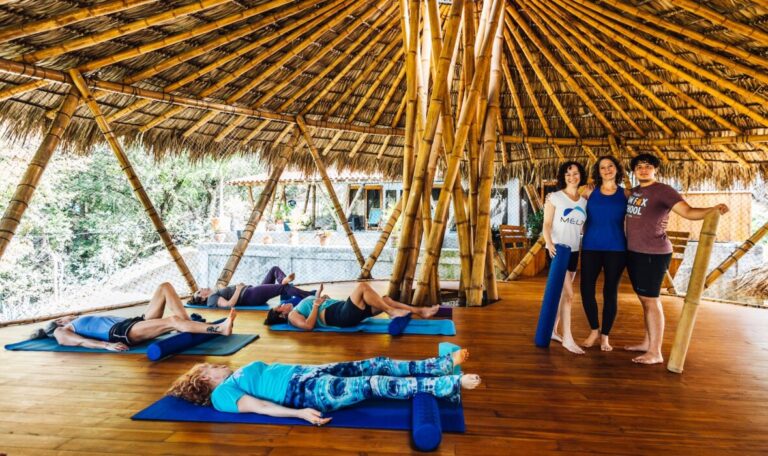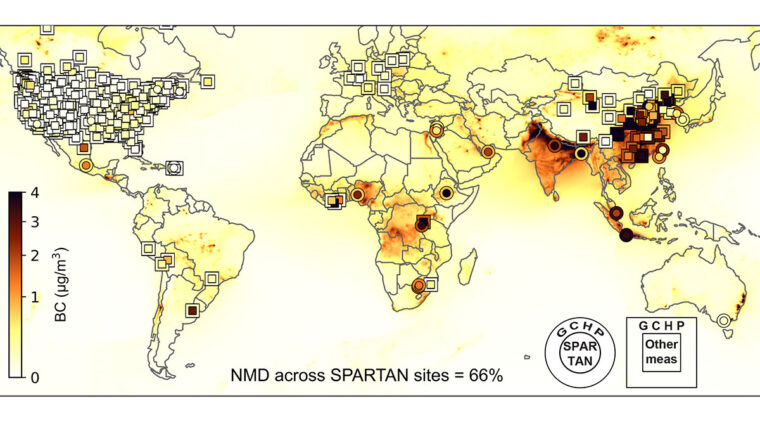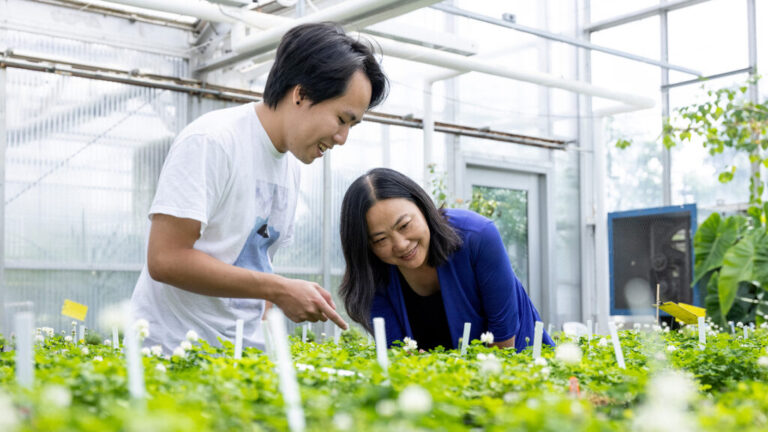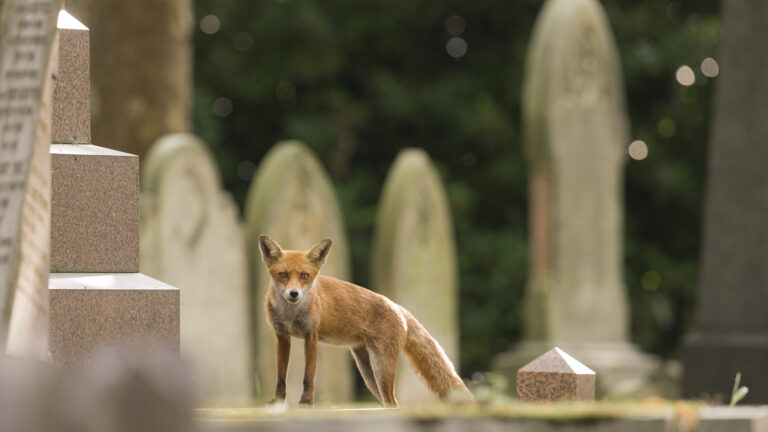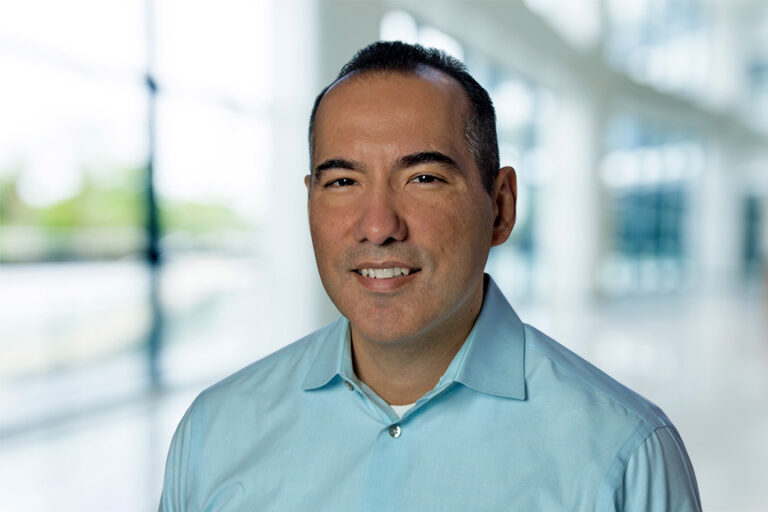Meet the WashU professor who helped shape ‘KPop Demon Hunters’
Filmmakers of Netflix’s hit “KPop Demon Hunters” partnered with teaching professor Mijeong Mimi Kim to infuse authentic Korean culture into a vibrant fantasy world.
Konecky wins 2025 NSF CAREER Award
Bronwen Konecky has won a prestigious NSF CAREER Award to study rainfall changes in the Central America and northern South America region
Lenze named XPRIZE Healthspan semifinalist
Eric J. Lenze, MD, the Wallace and Lucille K. Renard Professor and head of the Department of Psychiatry at Washington University School of Medicine in St. Louis, and his team are among the Top 40 Milestone 1 award winners in XPRIZE Healthspan.
A place to MELT
Near a remote beach on the coastline of Nicaragua, about 12 kilometers from the border of Costa Rica, Edya Kalev, AB ’92, guides a group of women as they each apply gentle, purposeful pressure to their hands, feet and spine.
Black carbon emissions underestimated in ‘global south’
Researchers in the McKelvey School of Engineering at Washington University in St. Louis have used a variety of models to take on the challenging task of measuring ambient concentrations of black carbon in the “global south” and found estimates of these harmful emissions have been grossly underestimated.
Biologist Zhong to study how plants deal with nutrient stress
Zhong received a WashU Global Incubator Seed Grant for research on plant thermal stress. Her new NSF grant will allow her to take a closer look at what happens when plants face nutrient stress such as nitrogen deficiencies.
Global progress on physical activity at risk, WashU expert warns
A sweeping new analysis from Washington University in St. Louis has found that global progress to promote physical activity — a proven driver of better health — is in danger of stalling or reversing.
Religion, politics and war drive urban wildlife evolution
The downstream consequences of religion, politics and war can have far-reaching effects on the environment and on the evolutionary processes affecting urban organisms, according to a new analysis from Washington University in St. Louis.
Several alumni earn Fulbright awards
Eight recent alumni and one current student of Washington University in St. Louis earned Fulbright awards to travel abroad to teach English or to conduct research in the 2025-26 academic year.
Garcia named Fulbright Scholar
Benjamin Garcia, PhD, the Raymond H. Wittcoff Distinguished Professor and head of the Department of Biochemistry and Molecular Biophysics at Washington University School of Medicine in St. Louis, has been selected as a Fulbright U.S. Scholar for the 2025-2026 academic year.

